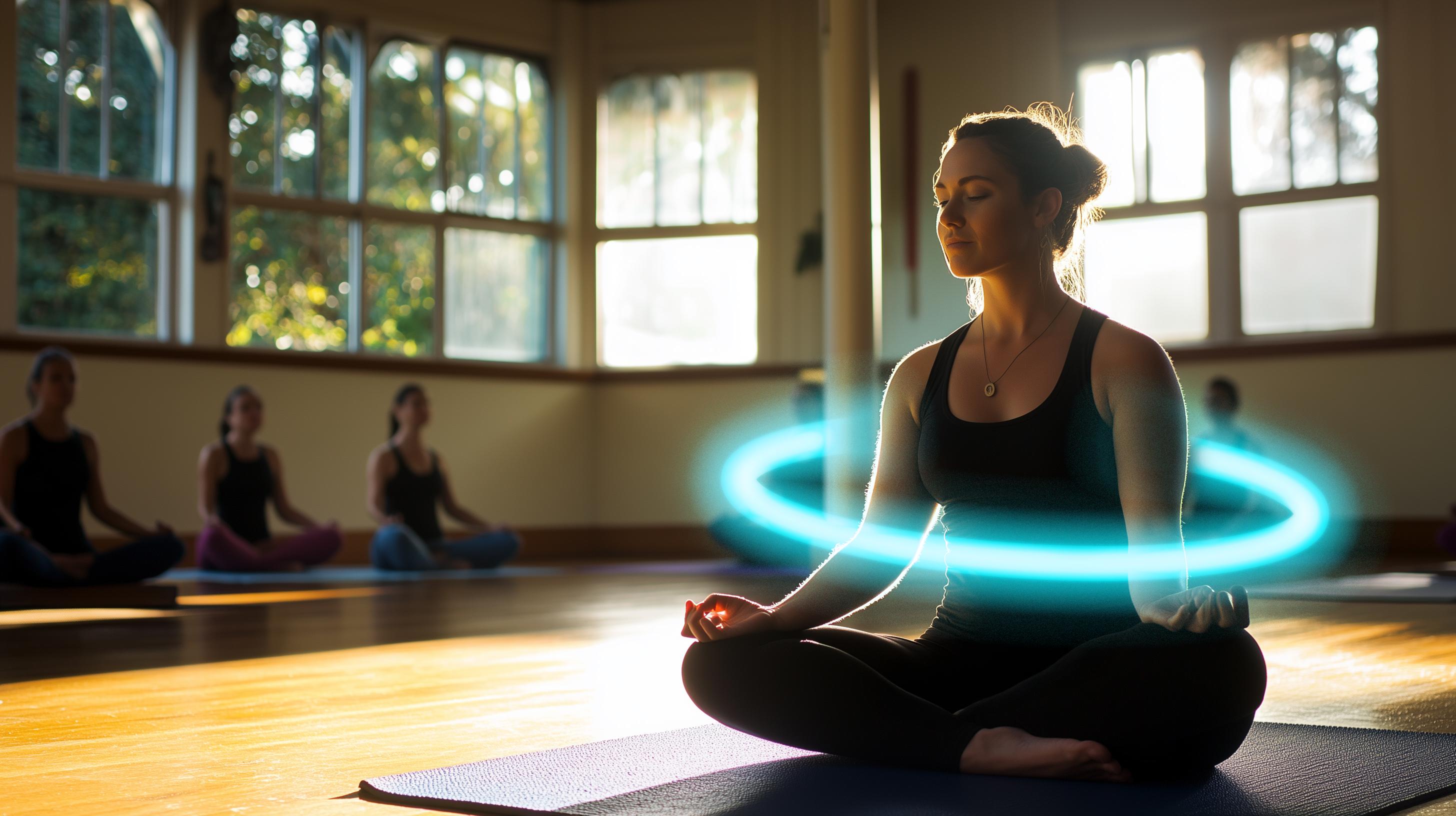
Why 5 Minutes Can Change Workplace Wellbeing Why 5 Minutes Can Change Workplace Wellbeing
In the hustle of modern work life, finding time for yourself can feel impossible. Between meetings, emails, and deadlines, it’s easy for the small actions that support our mental health to fall by the wayside.
That’s why, for Mental Health Awareness Week 2025, we’re inviting workplaces to join our “5 Minutes for Me” campaign. A simple, do-able practice that asks employees to dedicate just five minutes a day to their wellbeing. These micro-moments can be surprisingly powerful, and often lead to longer-lasting, positive habits.
The Science of Small Habits
Research in psychology and workplace wellbeing shows that small, consistent actions build momentum. That’s why short, intentional actions, or what we call "micro-moments", can be so effective: by lowering the barrier to starting, they make it easier to stick with new routines.
James Clear, author of Atomic Habits, puts it simply: if a habit takes less than two minutes to start, you’re much more likely to do it. At Givenwell, we’ve adapted this idea to five minutes. Long enough to make a meaningful impact but short enough to fit into even the busiest schedule.
Bronwyn Hudson, our Director of Education and Impact (and a PhD researcher), backs this up: “Micro-habits work because they lower the barrier to action. When we make wellbeing easy and doable, we are far more likely to not just get started, but also stick with it, and that consistency is where the real change happens.”
Research highlights several benefits of these micro-moments:
- Reduced stress and burnout: even brief mindful breaks can lower cortisol levels.
- Improved focus and productivity: micro-breaks alleviate cognitive fatigue, increase energy and boost perceived performance.
- Better mood: Just five minutes of controlled-breathwork daily has been shown to improve mood and reduce anxiety.
Easy Ways to Take 5 Minutes for You
You don’t need a gym or a yoga mat to make a difference. Here are some quick, actionable ideas:
- Mindful breathing: close your eyes and focus on your breath for five minutes.
- Stand, Stretch or Stroll: get your body flowing to release tension.
- Micro-Journaling: jot down thoughts, reflections, or gratitude. Keep it simple, e.g., jot down three things you appreciated today.
- Snack on Nature: step outside for fresh air and a mental reset. Can’t get to the ngahere/forest? Even 40 seconds looking at a green roof sharpened sustained attention in a randomised study. Aim for a quick window‑to‑green, a plant gaze, or a brisk step outside.
- Disconnect to Reconnect: step away from screens to clear your mind and meaningfully connect with the world around you
Small habits like these are often the spark for bigger, long-term wellbeing routines.
Topping Up Together – Make Your 5 Minutes Social
This year’s Mental Health Awareness Week theme, “Top Up Together,” takes our “5 Minutes for Me” challenge one step further. The research is clear: wellbeing practices are more effective, and more sustainable, when we do them with others.
Bringing a colleague, friend, or family member into your five-minute pause turns a small action into a shared experience. These moments not only restore energy but also strengthen relationships and reinforce a culture where wellbeing is supported.
Practical Ways to Top Up Together:
- Build a shared ritual. Add a recurring calendar nudge (e.g., “11:55, 5‑minute Top‑Up”) and pair people as buddies. Prompt + simplicity = action.
- Use “if‑then” cards. Example: “If I finish a meeting early, then I’ll do 5 slow breaths with a colleague.” If‑then planning improves follow‑through.
- Go green together. Set a shared 5‑minute outdoor loop or a “window‑to‑green” pit‑stop near plants or a view.
- Lean on connection. Strong social ties are not just “nice” - they’re linked to lower mortality risk in large meta‑analyses, underscoring why whakawhanaungatanga is a powerful wellbeing lever.
Five minutes won’t solve everything, but when practiced consistently together, it builds momentum that protects energy, supports focus, and turns wellbeing into a shared habit.
For more tips on building sustainable workplace wellbeing, explore Givenwell’s resources.

Stay in the loop
Sign up to hear about new features, platform updates, and everything in between.
By subscribing, you are consenting to Givenwell's privacy policy.